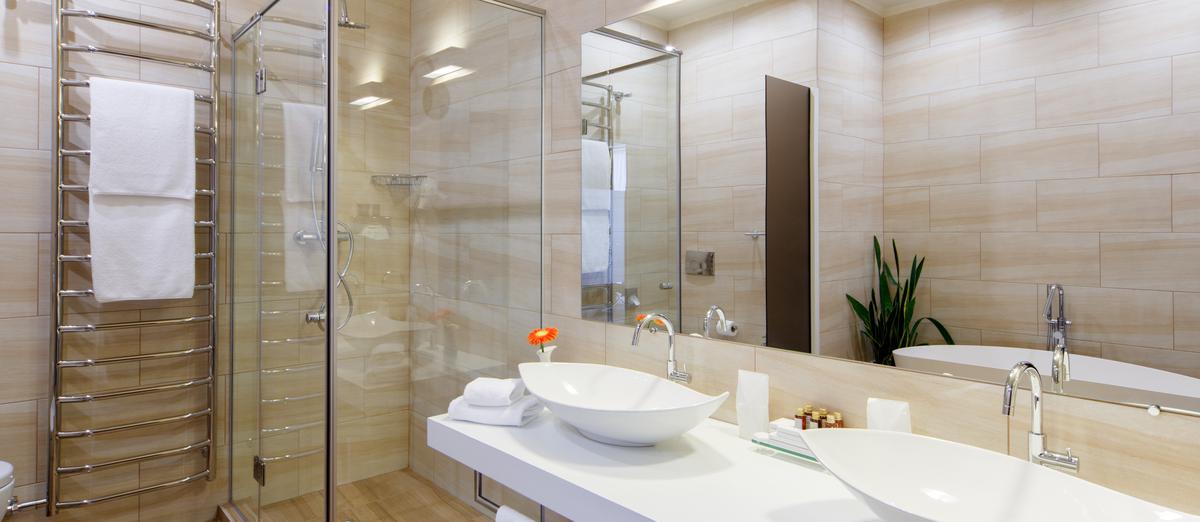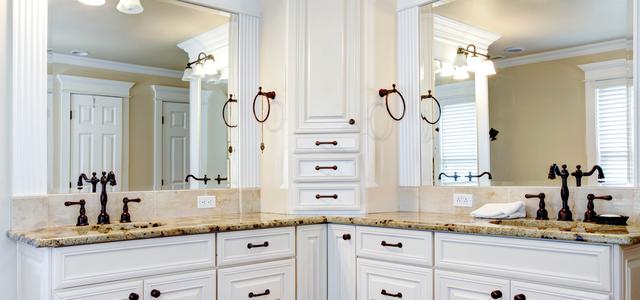Converting a bathtub to a shower is a popular renovation project that can help to modernize your bathroom and create more space. However, before you get started, it's important to have the right materials on hand to ensure a successful outcome. In this article, we'll take a closer look at the materials needed when converting a bathtub to a shower and provide some tips to help you get the job done right.
Materials for Bathtub to Shower Conversion
Here are some of the key materials you'll need when converting your bathtub to a shower:
- Shower Pan: The shower pan is the base of your new shower and should be installed first. Choose a shower pan that fits your needs and budget, and make sure it's the right size for your bathroom.
- Plumbing Tools: You'll need a few basic plumbing tools, including a pipe wrench, pliers, and a hacksaw. These tools will come in handy when installing your new showerhead and faucet.
- Shower Walls: If you're planning to install shower walls, you'll need to purchase the appropriate material, such as tile, fiberglass, or acrylic. Make sure to choose a material that is waterproof and easy to clean.
- Showerhead and Faucet: You'll need to install a new showerhead and faucet to complete your new shower. Choose a model that fits your style and budget, and make sure it's compatible with your shower pan and walls.
- Shower Door or Curtain: To keep water from splashing out of your new shower, you'll need to install a shower door or curtain. Choose a model that fits your bathroom's decor and provides the right level of privacy.
- Sealant: Finally, you'll need a tube of silicone sealant to seal any gaps between your shower walls, pan, and fixtures. This will prevent water from leaking and damaging your bathroom.
Tips for Converting Your Bathtub to a Shower
Now that you know what materials you'll need, here are some tips to help you convert your bathtub to a shower:
- Plan Ahead: Before you get started, make sure to carefully plan out your new shower's layout and design. This will help you to choose the right materials and ensure a successful outcome.
- Follow Instructions: Make sure to carefully read and follow the instructions included with your shower pan, walls, and fixtures. Each manufacturer may have slightly different requirements and installation instructions.
- Hire a Professional: If you're not comfortable working with plumbing or construction materials, consider hiring a professional to help you with your bathtub to shower conversion. This can help to ensure that the job is done right and minimize the risk of damage to your home.
- Allow Proper Drying Time: After installing your new shower, make sure to allow any sealant or adhesive to dry completely before using your shower. This may take anywhere from 24 to 48 hours, depending on the materials you're using.
Converting your bathtub to a shower can be a great way to update your bathroom and create more space. By having the right materials on hand and following these tips, you can achieve a beautiful, functional new shower that you'll enjoy for years to come.






comments